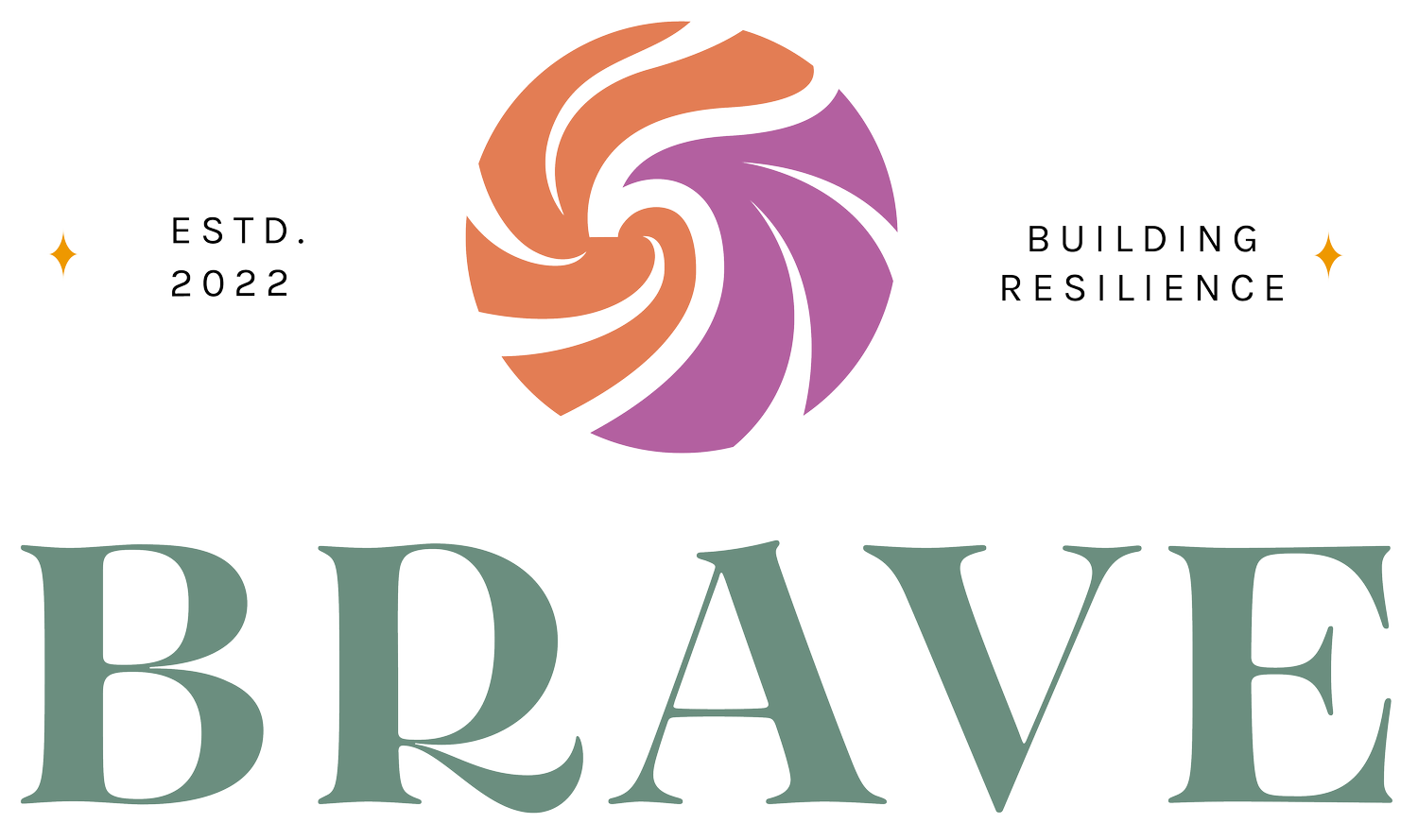Is It Burnout or Vicarious Trauma? A Mental Health Guide for Trauma Therapists
If you’ve ever wondered whether what you’re feeling is burnout, anxiety, depression, or something else entirely… you’re not alone. And you’re not doing anything wrong.
As trauma therapists, you’re trained to hold space for others but rarely given permission to name what that space-holding does to you.
Sometimes what we’re feeling doesn’t have a neat label — but that doesn’t make it less real.
What if it’s not burnout, not depression, not PTSD… but something else we’ve never really been taught to name?
You’ve heard of vicarious trauma. Maybe you’ve even been trained to spot it.
But naming it in yourself? That’s different.
Because most of us were taught what to look for — not what to do with the shame that shows up when we actually feel it.
We start thinking we’re not strong enough. Not regulated enough. Not cut out for this.
But what if feeling it didn’t mean you’re doing it wrong?
What if it means you’re doing it human?
What Vicarious Trauma Really Is (And Isn’t)
You know this part.
Vicarious trauma isn’t in the DSM — and that’s a good thing.
Because it’s not a disorder. It’s a normal nervous system response to this work.
A very specific kind of response that only happens through ongoing empathic engagement with trauma — the kind of engagement that’s part of your job, every single day.
But just because we understand vicarious trauma in theory doesn’t mean we know how to name it in ourselves — especially when it starts to look and feel like burnout, depression, anxiety, or PTSD.
The symptoms overlap. The toll builds slowly. And the field doesn’t always make space for the truth of it.
It’s vicarious trauma. And naming it matters more than you’ve been taught to believe.
Naming Vicarious Trauma Is the First Step Back to Yourself
You might feel emotionally flat. Or easily irritated. Or flooded with emotion after sessions.
You might be avoiding certain clients — or ruminating about them long after they’ve left.
You might even find yourself experiencing intrusive thoughts, flashbacks, or sensory overwhelm that doesn’t belong to your story — but to theirs.
Sound familiar? These are all signs of vicarious trauma.
And here’s the part that doesn’t get talked about enough:
You might also live with anxiety. Or depression. Or PTSD.
None of that disqualifies you from being a trauma therapist.
And it doesn’t make your experience of vicarious trauma any less valid.
What it does add is nuance. And nuance gives us options.
Because when you can start to notice:
This is anxiety,
This is a trauma response,
And this… this might be vicarious trauma…
— then you can stop internalizing it all as personal failure.
You can start responding in ways that actually help.
Naming vicarious trauma — and learning how it overlaps with, and differs from, other mental health experiences — is one of the most empowering things you can do for your nervous system.
It doesn’t erase what you’re feeling.
It gives it a place.
And from there, you can choose how to support yourself.
Want help identifying your signs of vicarious trauma?
Download our free Vicarious Trauma Tracker + Mini-Course.
You Deserve Support That Sees the Whole of You
When you start to see what’s really happening — not just the signs/symptoms, but patterns — it changes what support means.
Because if it’s vicarious trauma showing up in your nervous system, your thoughts, and your schedule…
you don’t need to fix yourself.
You need care that actually fits the shape of what you're carrying.
That might look like naming it in your own therapy.
It might mean talking about it in consultation, not just as “burnout,” but as something deeper.
Or it might mean joining a space like BRAVE — where vicarious trauma is named out loud, without shame or performance.
Support doesn’t mean you’re broken.
It means you’re being witnessed — in a role that so often asks you to witness everyone else first.
And the more clearly you can name what’s going on, the more clearly you can ask for what you actually need.
You’re Human. That’s the Point.
Vicarious trauma doesn’t mean you’re failing at this work.
It means you’re in it.
And now — maybe for the first time in a long time — you have language for what’s been showing up.
Not to label yourself.
But to understand yourself.
That’s what Mental Health Awareness Month gets to be for us, too.
Not a performance of wellness, but a practice of honesty.
✨ If this blog helped you see something clearly, you're invited to join the conversation:
Tag @braveproviders and use #BeingHumanAsATraumaTherapist
Or simply share it with another trauma therapist who might be asking the same quiet questions.
You don’t have to be unaffected to be effective.
You don’t have to be perfect to belong here.
You’re already doing the work — and you get to be human while you do it.





